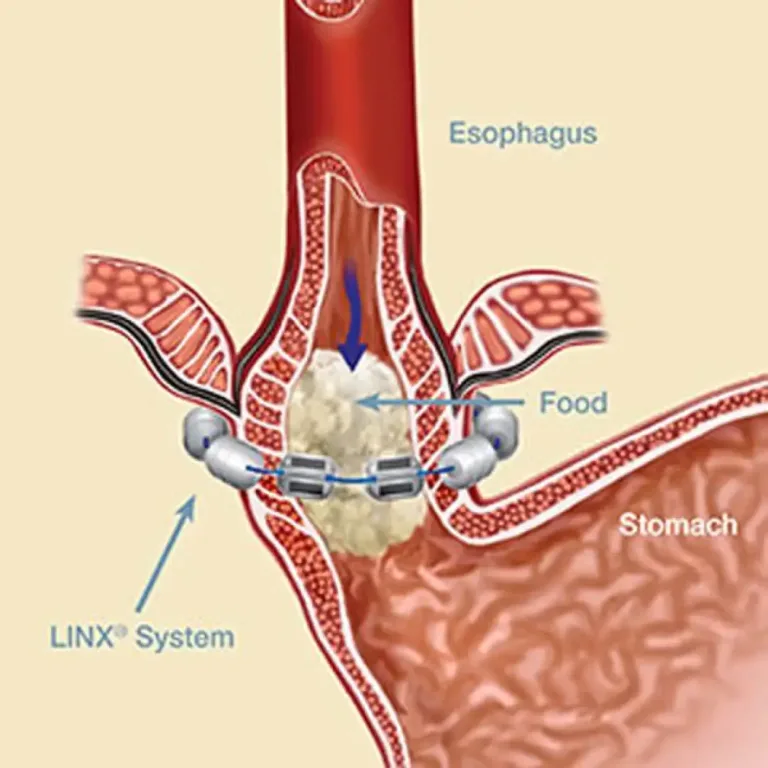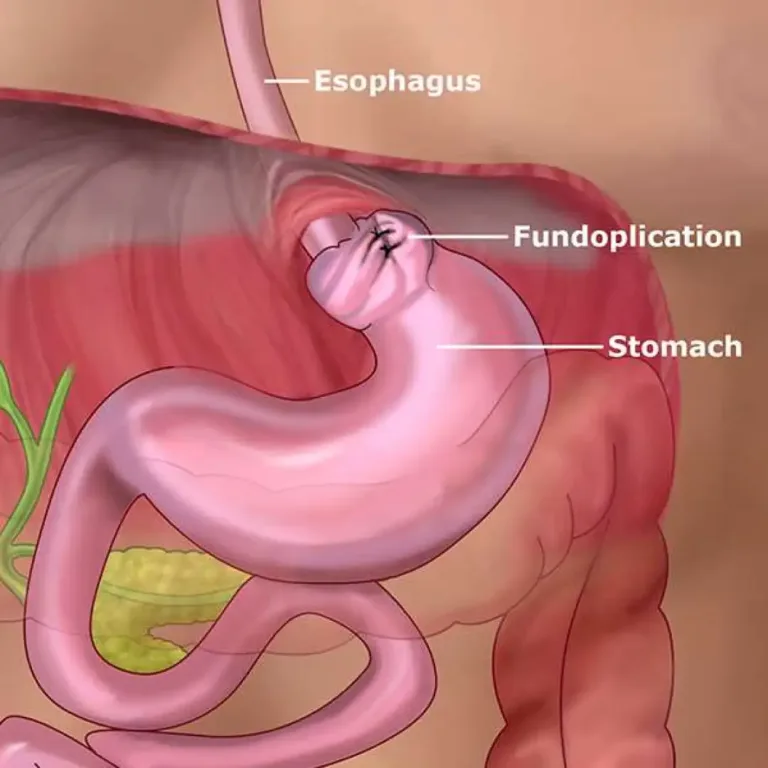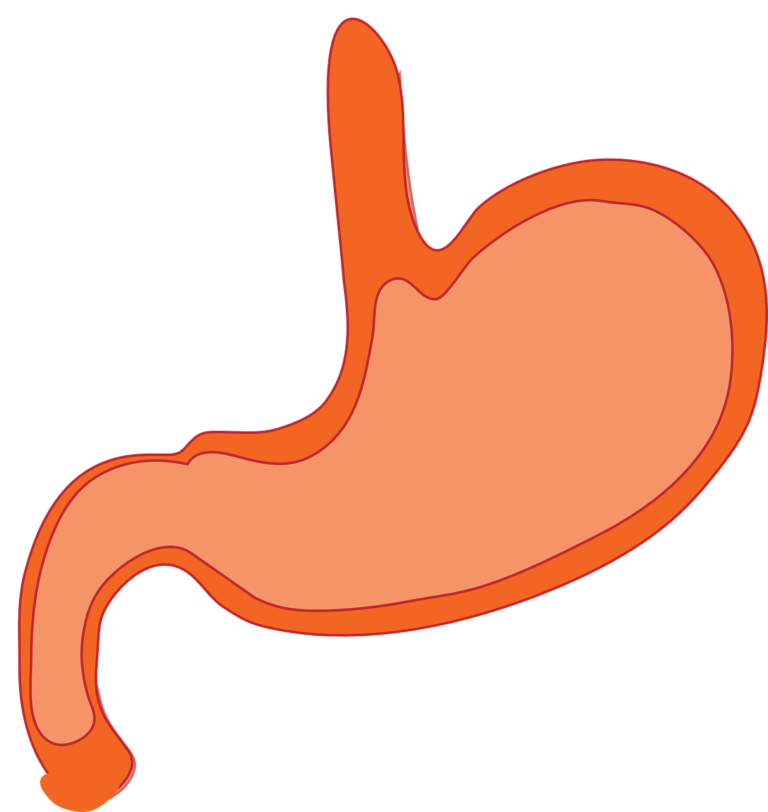Coeliac disease is a chronic autoimmune disorder that affects the small intestine. It occurs when the body’s immune system reacts abnormally to gluten, a protein found in wheat, barley, and rye. This immune reaction damages the lining of the small intestine, leading to malabsorption of nutrients and a range of symptoms.
The symptoms of coeliac disease can vary widely, but common symptoms include abdominal pain, bloating, diarrhea, constipation, fatigue, weight loss, and anemia. Some people with coeliac disease may have no symptoms at all.
Diagnosis of coeliac disease typically involves a combination of blood tests, a biopsy of the small intestine, and a gluten challenge, in which gluten is reintroduced into the diet after a period of gluten avoidance.
The only treatment for coeliac disease is a strict gluten-free diet, in which all sources of gluten must be eliminated. This can be a challenging diet to follow, but with proper guidance and support, most people with coeliac disease are able to manage their symptoms and lead healthy lives.
It is important to work with a registered dietitian who is knowledgeable about coeliac disease and the gluten-free diet to ensure that all nutrient requirements are met and to avoid any potential negative consequences of the diet.
What is gluten and where do you find it?
Gluten is a type of protein found in certain grains, including wheat, barley, and rye. It gives dough its elasticity and helps baked goods retain their shape.
Gluten is found in many different types of foods, including bread, pasta, cereal, baked goods, and many processed foods. It can also be found in unexpected places, such as in soups, sauces, and processed meats.
For individuals with coeliac disease or non-celiac gluten sensitivity, it is important to avoid all sources of gluten in order to prevent symptoms and prevent damage to the small intestine. There are many gluten-free alternatives available, including gluten-free bread, pasta, and baked goods, as well as naturally gluten-free foods such as fruits, vegetables, meat, poultry, and fish.
It is important to carefully read food labels and ingredient lists to identify sources of gluten and to always choose products that are labeled gluten-free. A registered dietitian who is knowledgeable about gluten can also provide guidance on navigating the gluten-free diet and help ensure that all nutrient needs are met.
What is non coeliac gluten intolerance?
Non-celiac gluten intolerance, also known as non-celiac gluten sensitivity (NCGS), is a condition in which individuals experience symptoms similar to those of coeliac disease, but without the presence of the autoimmune markers or intestinal damage seen in coeliac disease.
The exact cause of NCGS is not well understood, but it is believed to be related to an intolerance to gluten rather than an autoimmune reaction. Common symptoms of NCGS include abdominal pain, bloating, diarrhea, constipation, headache, fatigue, and skin rashes.
Diagnosis of NCGS typically involves excluding coeliac disease and wheat allergy, and then conducting a gluten challenge, in which gluten is reintroduced into the diet after a period of gluten avoidance. If symptoms improve on a gluten-free diet and worsen when gluten is reintroduced, a diagnosis of NCGS may be made.
The treatment for NCGS is a gluten-free diet, similar to that for coeliac disease. However, it is important to work with a registered dietitian to ensure that all nutrient needs are met, as a gluten-free diet can be restrictive and may result in nutrient deficiencies if not properly followed.
It is important to note that NCGS is not yet fully understood and more research is needed to better define the condition and its underlying mechanisms. Additionally, some individuals who have been diagnosed with NCGS may actually have another underlying condition that is causing their symptoms. It is important to work with a healthcare provider to rule out other potential causes and to properly diagnose and manage NCGS.
The manifestation of abrupt swallowing difficulties may indicate an allergic response. Additionally, the presence of blood in vomit or stool may signify internal bleeding within the digestive system.





